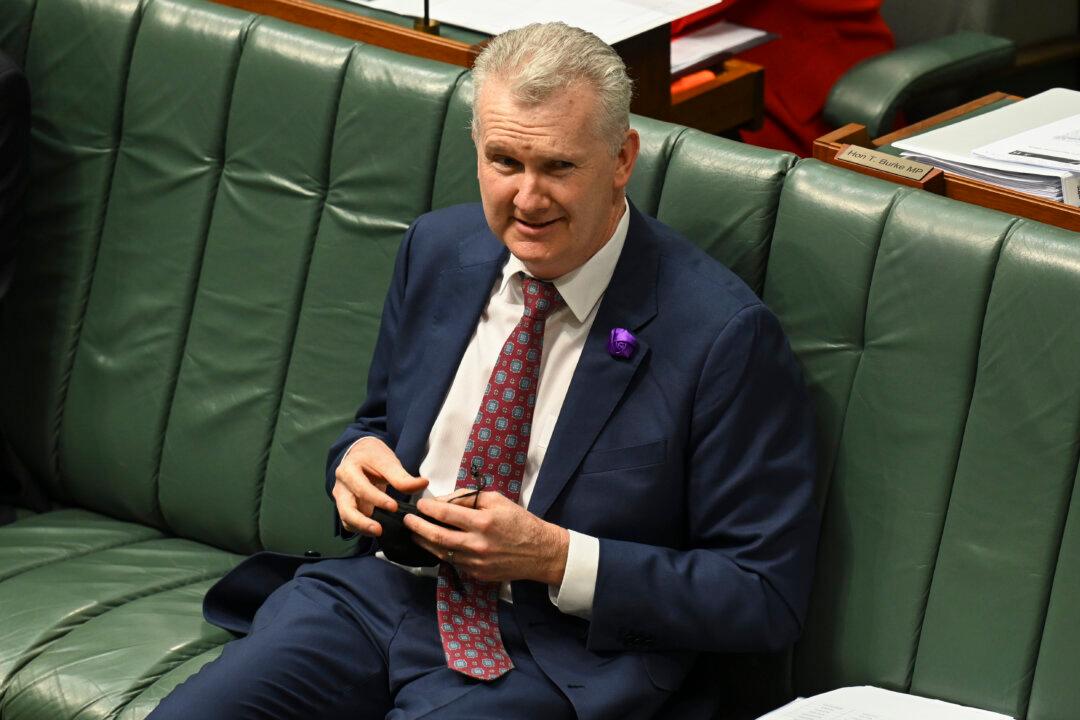In a surprise move, Workplace Relations Minister Tony Burke has struck a deal with crossbenchers David Pocock and Jacqui Lambie to pass measures in its industrial relations bill.
The key measures, which came after the government split the Closing Loopholes Bill in two, were approved by the Senate on Dec. 7—the last parliamentary sitting day of the year.





